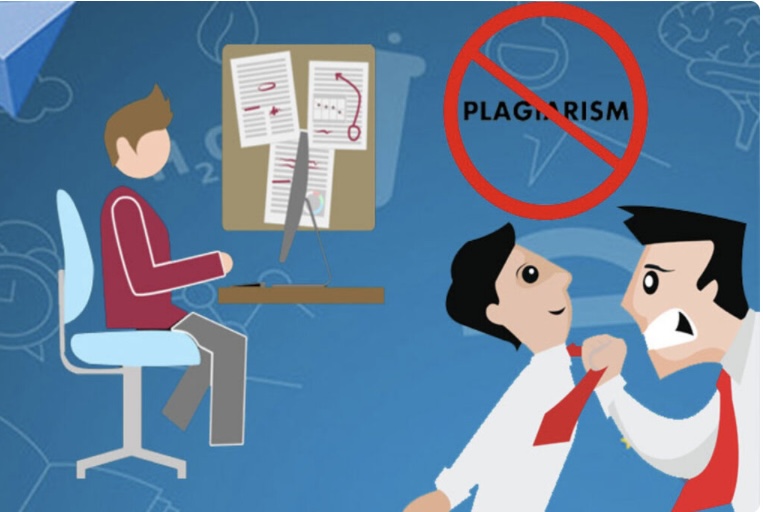
A major problem most students encounter is plagiarism. In the academic world, integrity and originality are the cornerstones of success, and plagiarism poses a significant threat to these principles. Plagiarism is a serious offence with consequences that can extend beyond the academic sphere.
What is plagiarism?
Plagiarism is the act of presenting someone else’s work as your own. Plagiarism is more than just copying and pasting text; it takes various forms, including direct copying, paraphrasing without proper citation, and even self-plagiarism. Simply put, you’re silently undermining your academic credibility once you’re guilty of plagiarism.
Let’s embark on a journey to unravel what plagiarism is and explore effective ways to steer clear of this academic pitfall.
What are the consequences?
Plagiarism has a lot of consequences beyond just tarnishing your academic reputation; it can lead to severe penalties such as failing grades, suspension, or even expulsion. The repercussions could go beyond academia into your professional life and affect your job prospects and career advancement. The stakes are high, and that is why you need to do your best at avoiding plagiarism.
Plagiarism is a serious offence with consequences that can extend beyond the academic sphere.
How Do I Avoid Plagiarism?
The path to avoiding plagiarism begins with a commitment to academic honesty. Here are some practical tips to help you avoid plagiarism:
Cite Your Sources: Whenever you use someone else’s ideas, words, or images, give credit through proper citation. This includes both in-text citations and a bibliography or works cited page.
Understand Different Citation Styles: You need to familiarise yourself with citation styles such as APA, MLA, or Chicago, depending on your school’s instruction. Each style has specific guidelines for citing various sources.
Use Quotation Marks: When directly quoting text, use quotation marks and provide a citation. This indicates that the words are not your own and have been borrowed from another source.
Paraphrase with Care: If you’re paraphrasing, ensure that you completely reword the content and still give credit to the original source.
Manage Your Time Effectively: Procrastination often leads to desperate measures, including plagiarism. Manage your time wisely to avoid the temptation of taking shortcuts.
Conclusion
Steering clear of plagiarism is not just about adhering to rules; it’s about upholding the values of honesty and intellectual integrity. The consequences are grave, and you must implement proactive strategies to avoid them.